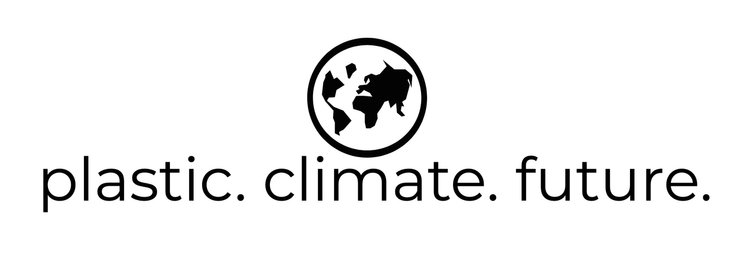On the 13-14th of October, for the first time the entire PCF Team attended the Annual Conference of Chemical Recycling Europe (CRE), which was focusing on the Circular Economy and how to achieve circularity with plastics.
The two days were filled with insightful discussions between all players of the plastic value chain. Next to the spotlight on the role of chemical recycling, the agenda also included policy debates, new technologies and innovation, as well as the importance of life cycle assessment and mass balance analysis for and with the entire industry. The event was attended by more than 200 participants with different backgrounds, ranging from industry stakeholders, regulators, academia and NGOs.
We took the chance to pick some of the attendees and ask them live about insights, reflections and of course our plastic climate future topics. The result is this special podcast episode, which for the first time includes not only one but many people exchanging views related to our PCF mission. Here are some of the amazing guests that were so kind to lend us some of their time and answer some of our questions (some of them you might already have heard on previous episodes): Maëlys Makotta from EuPC; Jasper Munier from Clariter; Jan Hommen and Laszlo Szekely from TOMRA; Phil Brown from Circularise; Fabian Loske from Sphera, and Adela Putinelu from Plastic Energy.
Looking at this diversity of backgrounds and topics covered in this one hour of discussions, we can all agree on the importance of having such dialogues and collaboration between all the actors in the plastic value chain.










